Description
Overview
The Kalahari Red is a robust and adaptable meat goat breed originating from South Africa. It is named after the Kalahari Desert, where it was developed for resilience in harsh, dry conditions. Known for its deep red coat, rapid weight gain, and natural disease resistance, the Kalahari Red is a rising favorite in commercial meat goat production, especially in hot climates.
Origin
Kalahari Reds were developed in the arid regions of South Africa through selective breeding of indigenous goats with favorable traits—particularly color, growth rate, and environmental hardiness. The deep red coat was specifically selected to help with camouflage and heat resistance in desert and savannah conditions.
Characteristics
Size and Build
Kalahari Reds are large, heavy-boned goats with a muscular frame and solid build, ideal for meat production.
-
Weight:
-
Does: 165–200 pounds (75–90 kg)
-
Bucks: 240–280 pounds (109–127 kg)
-
-
Height:
-
Does: 26–30 inches (66–76 cm)
-
Bucks: 30–34 inches (76–86 cm)
-
Coat and Color
They have a short, glossy, uniform red coat that protects against sunburn and helps with heat regulation. Occasionally, small white patches may appear but are generally not preferred in breeding.
Distinctive Features
-
Roman nose (slightly convex facial profile)
-
Long, pendulous ears
-
Horned in both sexes
-
Strong legs, tight hooves, and a wide chest
Meat Production
Kalahari Reds are excellent meat producers, offering fast growth, high fertility, and superior carcass quality. They fatten well on forage and are efficient converters of feed.
-
Carcass quality: High dressing percentage, lean but tender meat
-
Growth rate: Comparable to Boer goats under proper management
-
Market readiness: Around 4–6 months in intensive or semi-intensive systems
Reproductive Performance
This breed is fertile and known for producing strong, healthy kids with minimal assistance.
-
Kidding rate: Twins and triplets are common
-
Seasonality: Non-seasonal breeders under good nutrition
-
Mothering ability: Excellent milk supply and strong maternal instincts
Temperament
Kalahari Reds are calm and manageable, thriving in both extensive grazing and controlled systems. Their natural resistance to common diseases and parasites makes them ideal for low-maintenance farming.
Key Traits:
-
Heat and drought tolerant
-
High fertility and mothering ability
-
Excellent meat yield
-
Strong resistance to parasites and disease
Uses
-
Meat production: Primary purpose
-
Crossbreeding: To improve hardiness, growth, and red coloration in local breeds
-
Commercial herds: Increasingly used in hot climates across Africa, Australia, and beyond
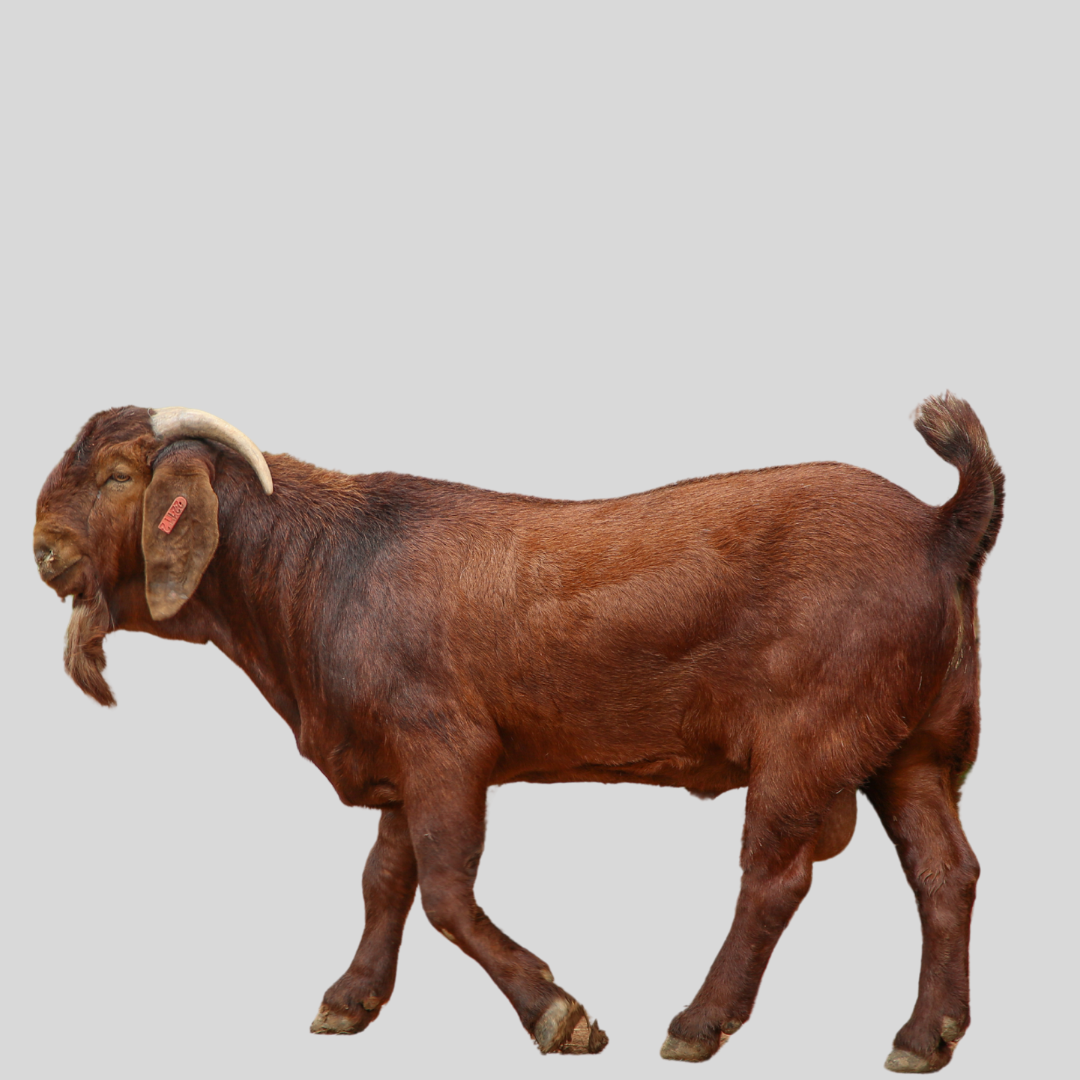
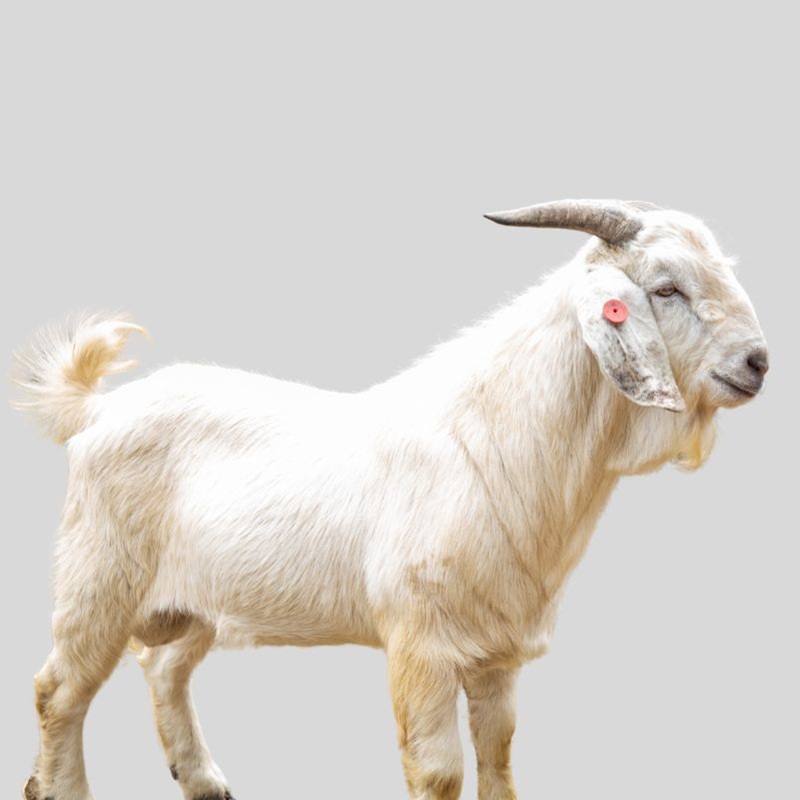
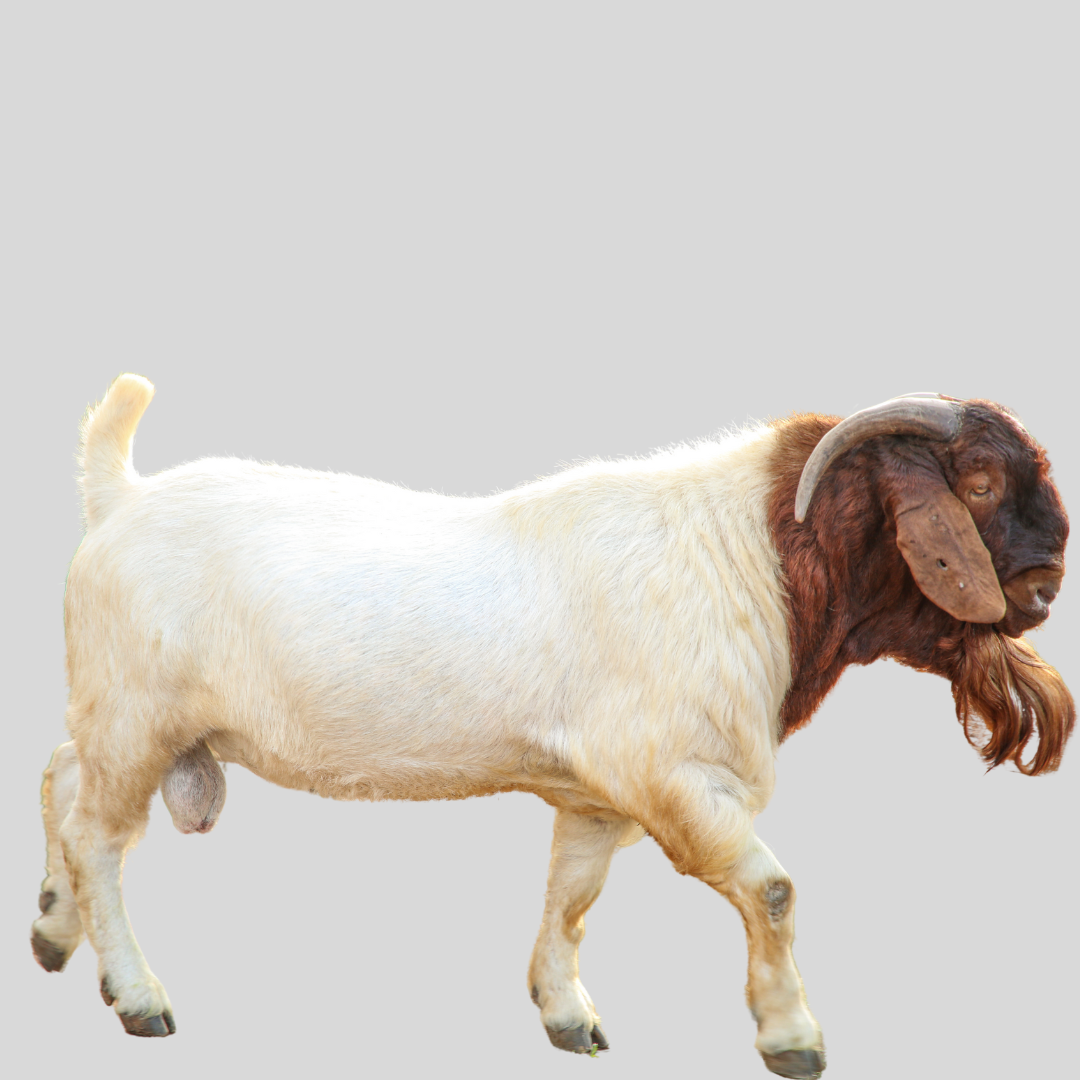
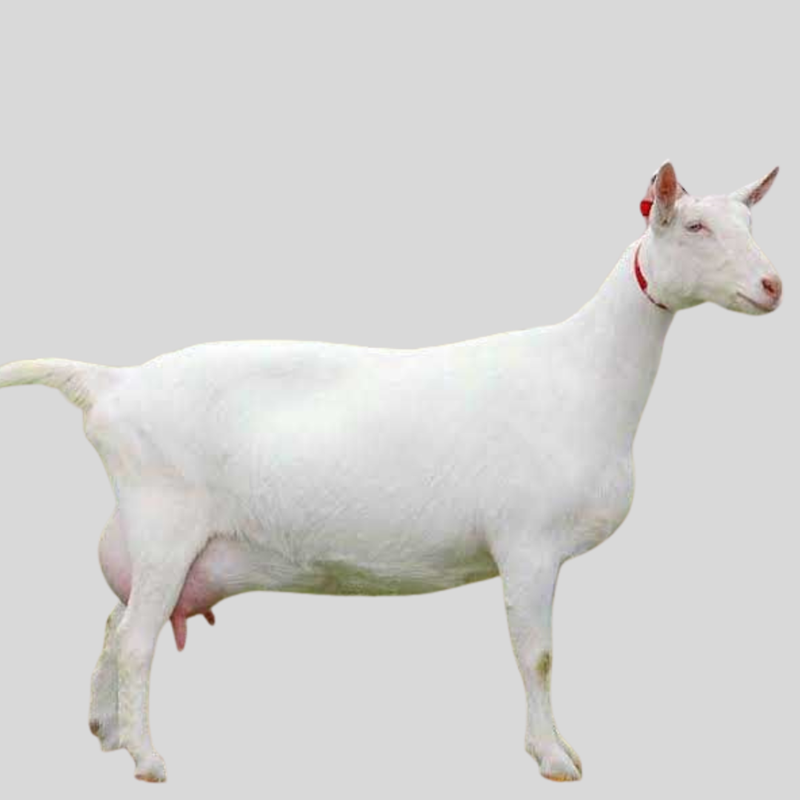
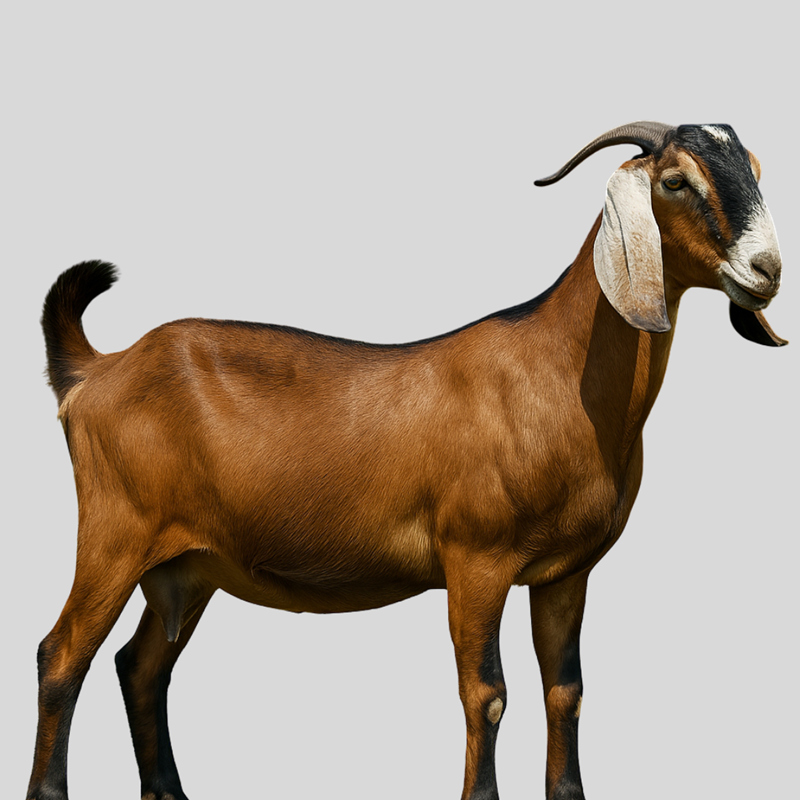
Reviews
There are no reviews yet.